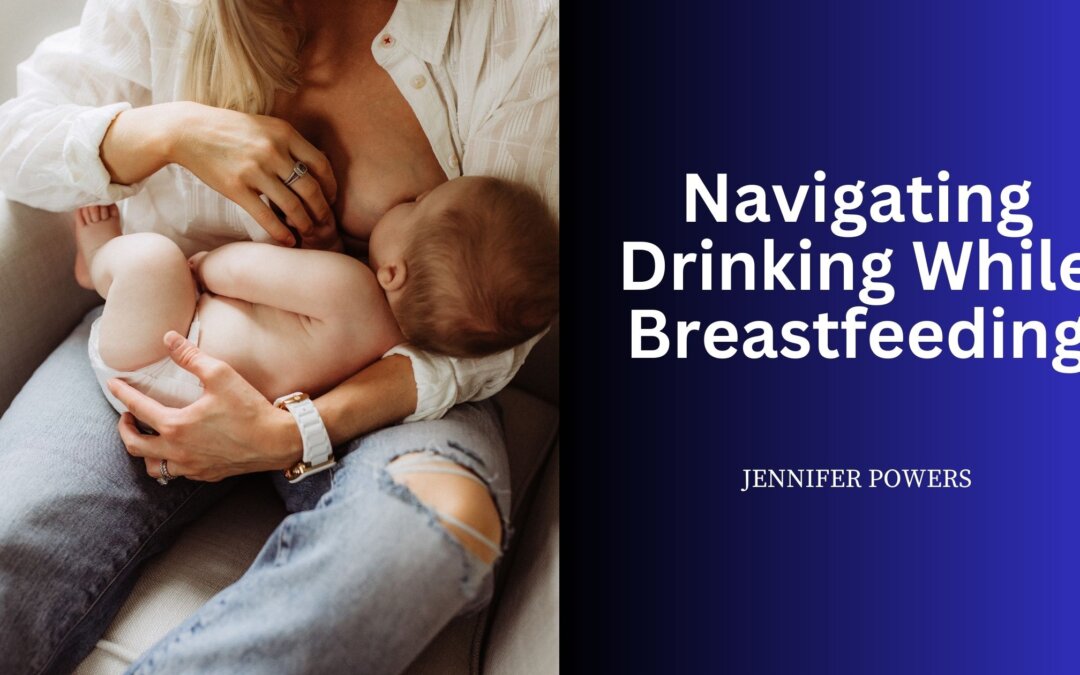Breastfeeding is a beautiful and essential bonding experience between a mother and her child. It provides numerous benefits to both the baby and the mother, ensuring optimal nutrition and immune support for the infant while promoting postpartum recovery and emotional connection for the mother. However, many breastfeeding mothers may wonder about the compatibility of alcohol consumption with breastfeeding. Navigating drinking while breastfeeding requires careful consideration and informed decision-making to prioritize the mother’s and baby’s health and well-being.
Alcohol, when consumed by a breastfeeding mother, can pass into breast milk and affect the baby. It is important to note that there is no safe level of alcohol consumption for infants. Therefore, it is recommended to exercise caution and moderation when consuming alcoholic beverages while breastfeeding. Here are some key points to consider:
Timing is crucial:
If you choose to consume alcohol, timing is crucial. It is advisable to wait at least two hours per standard drink before breastfeeding. This allows for alcohol to metabolize and minimize the amount present in breast milk. Planning can be beneficial, such as pumping and storing breast milk beforehand so that there is a ready supply for the baby during the waiting period.
Monitoring for signs of intoxication:
It is crucial to be aware of the signs of alcohol intoxication and its potential effects on breastfeeding. Alcohol can cause drowsiness, poor feeding, and unusual behavior in infants. If you notice any changes in your baby’s behavior or if you have concerns, it is important to consult with a healthcare professional.
Pump and dump myth:
The idea of “pumping and dumping” breast milk after alcohol consumption is a common misconception. Pumping and discarding breast milk does not eliminate the alcohol content. As alcohol metabolizes and clears from your system, it will also clear from breast milk. Therefore, waiting for the appropriate time before breastfeeding is more effective than discarding milk.
Seek support and information:
It is essential to consult with healthcare professionals, such as lactation consultants or doctors, for personalized guidance. They can provide information based on your circumstances and offer support throughout your breastfeeding journey. Connecting with other breastfeeding mothers through support groups or online communities can provide valuable insights and experiences.
Consider alternatives:
If you have concerns about drinking while breastfeeding or prefer to abstain from alcohol during this period, plenty of alternative options are available. Non-alcoholic mocktails, flavored water, or other alcohol-free beverages can provide a satisfying and enjoyable experience without the risks associated with alcohol consumption.
Navigating drinking while breastfeeding requires thoughtful decision-making and moderation. It is crucial to prioritize the well-being of both the mother and the baby. Understanding the effects of alcohol on breast milk, timing consumption appropriately, and seeking professional advice are key to making informed choices. Ultimately, every mother’s situation is unique, and finding a balance that works for you and your baby is essential.
